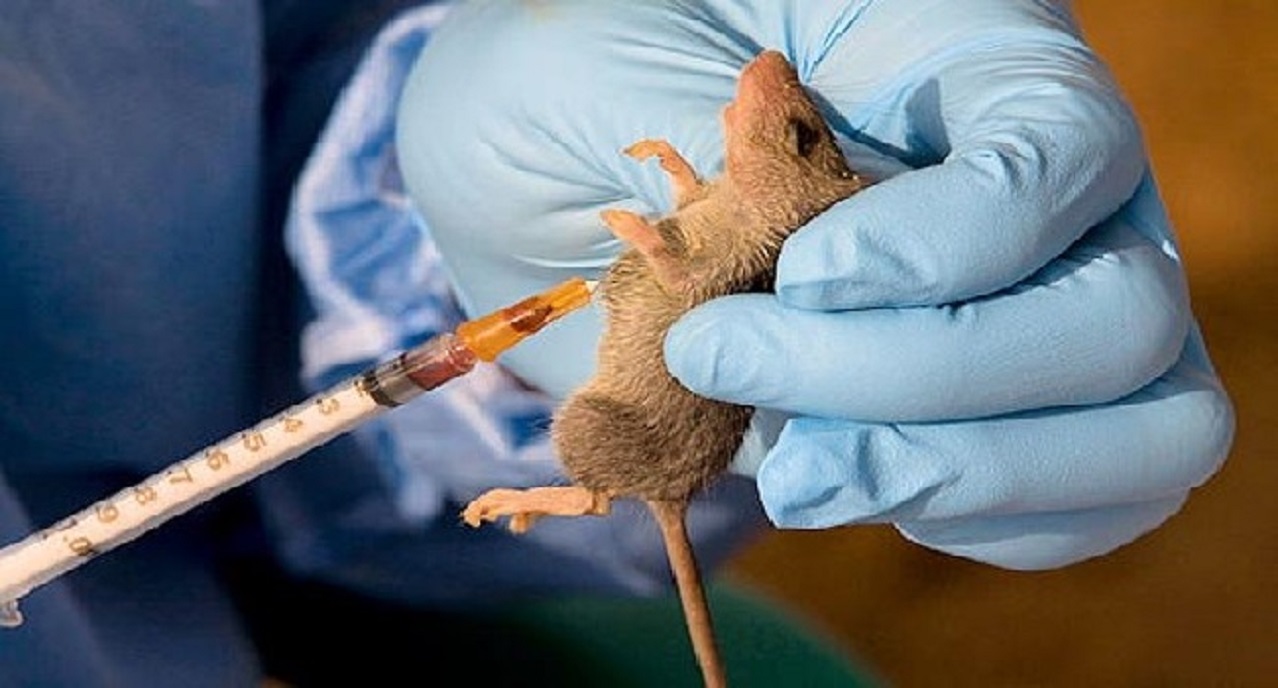Health
Delta confirms four cases of Lassa fever

The Delta State Government has confirmed four cases of Lassa fever in the state urging residents to keep their environment clean always.
Dr Joseph Onojaeme, the Delta State Commissioner for Health said this on Thursday while briefing newsmen on the status of the outbreak of Lassa fever in the State.
“In week 12, we have four confirmed cases so far recorded with a fatality rate of 50% though the general fatality rate for Lassa fever is 1 – 15%.
“So, we are doing everything humanly possible to ensure that we curtail the transmission from patient to health workers and from patients to relatives,” the Commissioner said.
He said that the state government was doing a lot of advocacy especially to health workers and sensitisation of residents to having a high index of suspicion when they see those cases.
“The affected local government Areas where the cases were recorded are Okpe, Oshimili North, Oshimili South and Ndokwa East.
“Emergency Operation Centers (EOCs) have been set up across the State to monitor the situation and ensure residents are aware of what is going on,” he said.
He said the State Government was working with Irrua Specialist Hospital, Edo State and was able to achieve less than 24 hours of getting test results of Lassa fever as against the 72 hours range .
“We should not expose food to rats and ensure that rats do not breed in or around homes,” he said
Dr Mildred Igumbor, the State Epidemiologist, said all hands should be on deck to ensure the elimination of the disease.
She explained that the State government had set up a multi-sectoral EOC comprising officials of the Ministry of Environment and Agriculture and Natural Resources, among others.
“Lassa fever is spread through contact with the faeces or urine of rats on foods hence we are sensitising residents to the need for them to ensure rats don’t get in contact with their food.
“To ensure prevention control measures are in place in our health facilities, health workers must have a very high index of suspicion.
“We are telling everyone that not all fever cases are malaria cases; so, if you are sick, please go to any nearest health facility or qualified medical personnel to seek medical attention.
“If you get there and the health personnel have a high level of suspicion, you will be tested and with the result received, such patients will be properly managed,” she added.
Dr Igumbor said that the Isolation Center at the Federal Medical Center Asaba, built by the Delta State Government, has the capacity for isolation and management of confirmed cases.
“If there is need for referrals they would be transferred to Irrua Specialist Hospital, Edo State,” she said.






